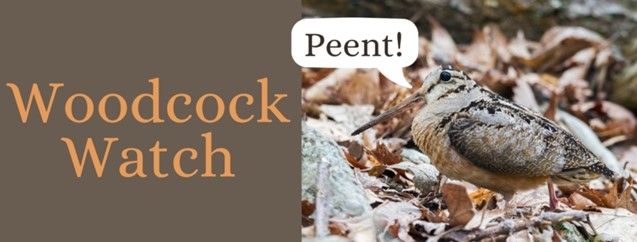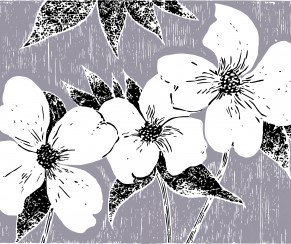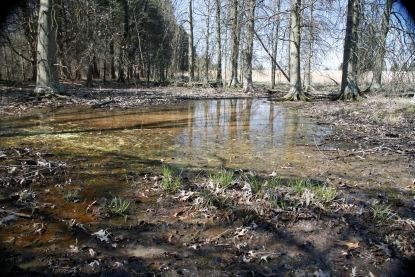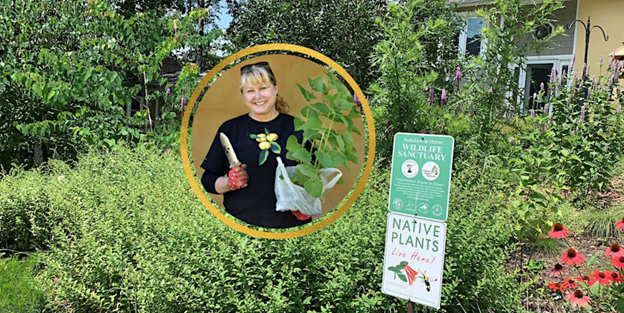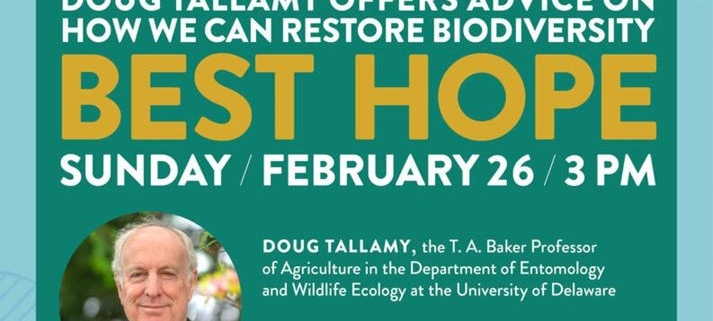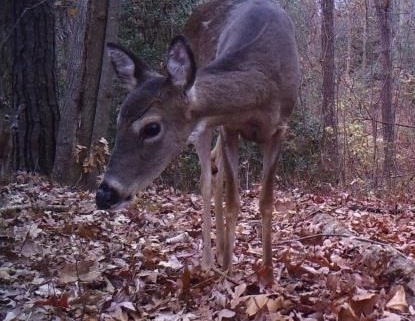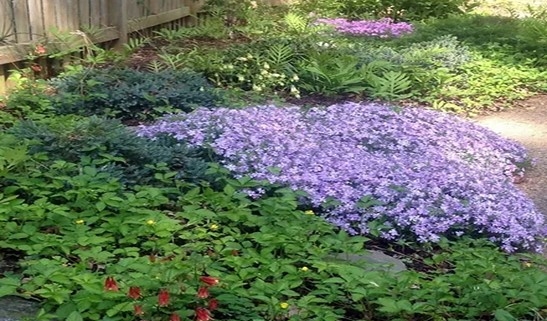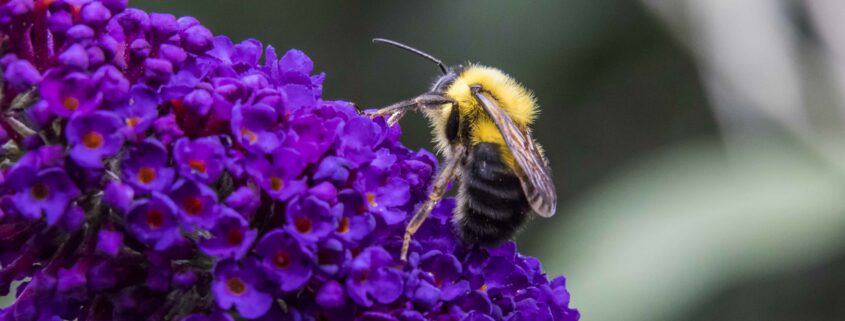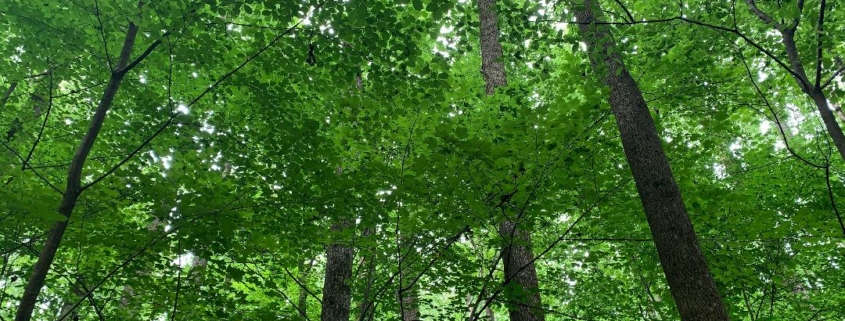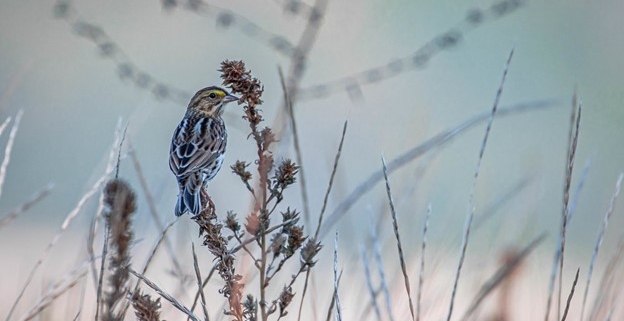Photo: FMN J. Quinn
Saturday, January 21, 2023
10:00AM
New Location: Fort Hunt Park
8999 Fort Hunt Rd,
Alexandria, VA 22308
To Attend the training please register here.
The National Park Service (NPS) needs volunteers to help remove English ivy from many trees along the south GW Memorial Parkway.
Mireya Stirzaker, NPS Natural Resources Specialist, will hold a volunteer training on January 21 at 10 a.m. at NPS’s Collingwood Park/Picnic Area on the east side of the parkway.
What’s Involved
Mireya will help people learn how to remove ivy, designate safe areas in which to work and supervise at least one session. NPS can provide some tools and supplies.
To attend the training, register at https://forms.office.com/g/WM8XykN9LG. On January 21, dress warmly in layers, wear sturdy shoes and bring water. You can volunteer once or multiple times.
Ivy’s Harm
Invasive English ivy is a perennial, aggressive plant that covers the ground, crowds out valuable native plants and climbs up trees.
It can smother a tree’s bark and block the sunlight needed for photosynthesis.
Trees weighed down with ivy vines are more susceptible to toppling during rain, snow and ice storms.
Around 20 percent of the parkway’s plants are not native, according to NPS biologists. Most invasive, introduced from other areas accidentally and deliberately have few controls, form monocultures, impair biodiversity and destroy native habitats.
Why Care about the Parkway’s Trees
Trees sequester carbon, reduce other pollution, stem stormwater runoff, reduce cooling costs and provide habitat for birds and other wildlife.
The parkway is losing trees because of, for example, the invasive emerald ash borer. The Dyke Marsh Wildlife Preserve alone could lose around 1,000 ash trees.
Many oaks are suffering too. Over-abundant deer eat young saplings which alters forest succession, prevents regeneration of plants and impairs biodiversity.
A Memorial Parkway
In 1928, Congress authorized the construction of the Mount Vernon Memorial Parkway to honor the bicentennial of George Washington’s birth. Planners created a design that includes forested areas, minimizes signs and lights and prohibits billboards. It is intentionally a slow-speed parkway and trail of natural, historic and recreational sites in over 7,000 acres of parkland, our national park.
Healthy, native trees are an integral part of that design and consistent with Congress’s intent.


